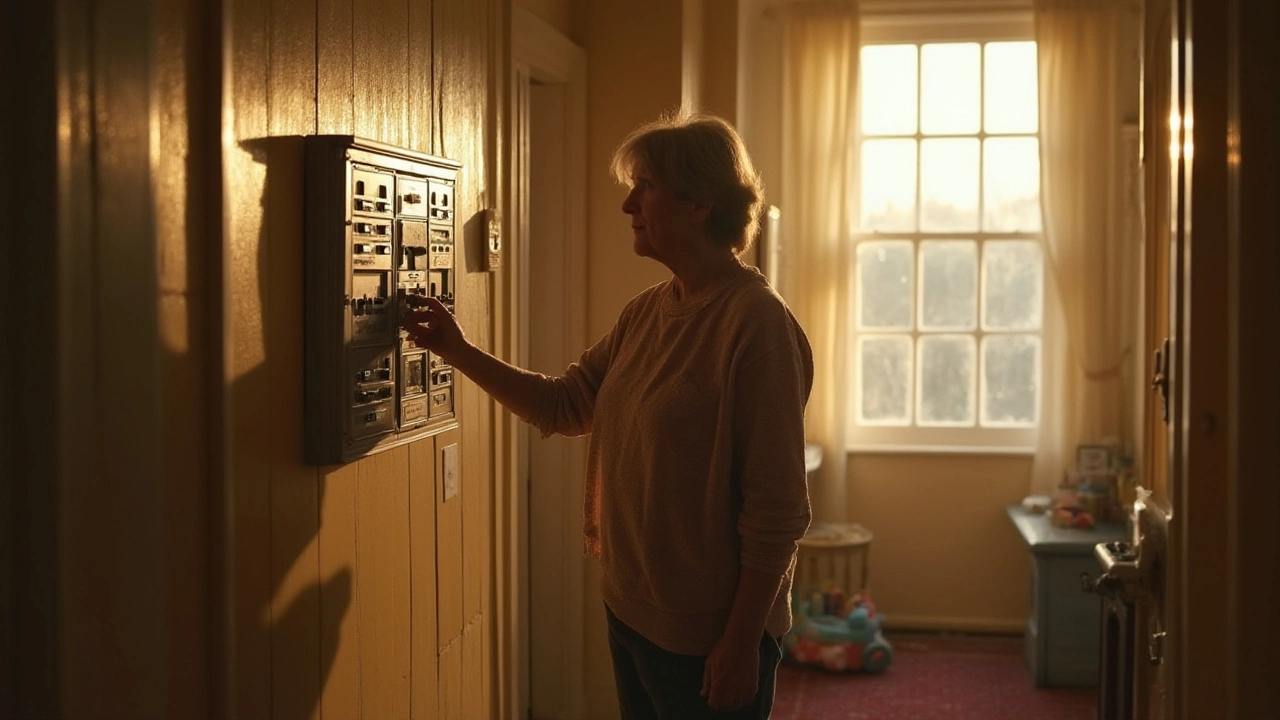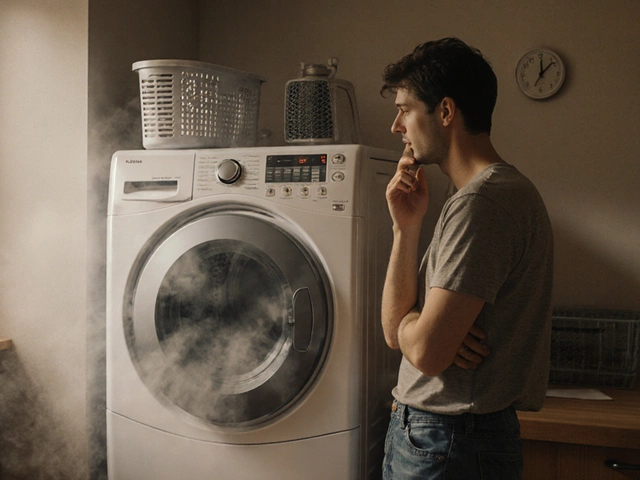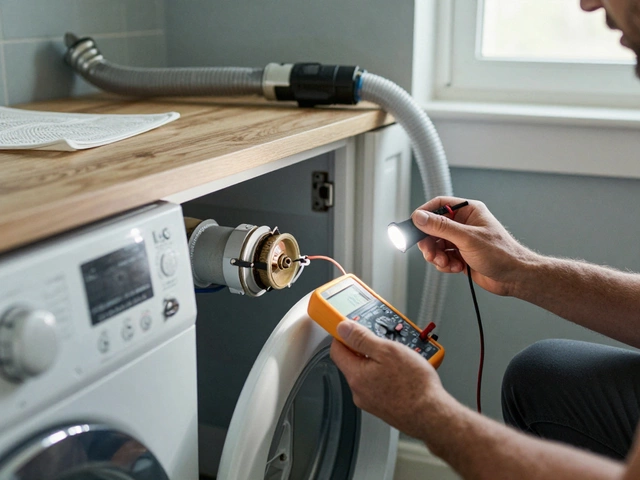Do You Need a Gas Engineer to Replace a Gas Hob?
April 11 2025Electric Water Heater Guide: Maintenance, Lifespan & Repair Tips
If your electric water heater is sputtering, making weird noises, or taking forever to heat up, you’re probably wondering what’s wrong and how to fix it. The good news? Most issues are easy to spot and can be sorted out with a bit of DIY know‑how. In this guide we’ll walk through the basics of keeping your heater in top shape, the signs it’s nearing the end of its life, and when it’s smarter to call a certified engineer.
Why Maintenance Matters
Think of your water heater like a car engine – it runs best when you give it regular TLC. A yearly flush removes sediment that builds up over time, which can reduce efficiency and raise your electricity bill. The process is simple: turn off the power, connect a garden hose to the drain valve, and let the water run until it’s clear. Letting that sediment sit does more than waste energy; it can cause the heating elements to overheat and fail early.
Besides flushing, check the anode rod (if your model has one) every couple of years. A corroded rod means the tank is protecting itself at the expense of your water quality. Replacing it is cheap and can add years to the heater’s lifespan.
DIY Checks & When to Call a Pro
Before you grab a wrench, run through these quick tests:
- Hot water temperature. If it’s lukewarm, the thermostat might be set low or the heating element could be failing.
- Strange noises. Popping or cracking usually means mineral buildup; a flush often solves it.
- Leaks. Any water around the base signals a possible tank crack or a loose connection – that’s a red flag.
If you spot any of these issues and feel comfortable, you can replace a heating element yourself. Just make sure you shut off power at the breaker and follow the manufacturer’s wiring diagram. However, if the heater won’t heat at all, trips the breaker repeatedly, or you see signs of corrosion inside the tank, it’s time to call a gas‑engineer‑approved electrician. They have the tools to test voltage, replace components safely, and certify the work meets safety standards.
Remember, an electric water heater typically lasts 8‑12 years with proper care. Watching for performance drop‑offs, doing a yearly flush, and fixing small problems early can push it toward the higher end of that range. When the time comes for a replacement, choose a model with a good ENERGY STAR rating – you’ll save on electricity bills and help the planet a bit.
Bottom line: regular maintenance isn’t a chore; it’s a cheap way to avoid pricey replacements. Keep an eye on temperature, listen for noises, and don’t hesitate to get professional help for anything beyond a simple element swap. Your hot showers, dishwashing, and laundry will thank you.
 30 Jul
30 Jul
Should You Turn Off the Breaker When Resetting Your Water Heater?
Not sure if you should turn off the breaker before resetting your water heater? Find out why safety matters, step-by-step tips, and what can go wrong.
Read More...



